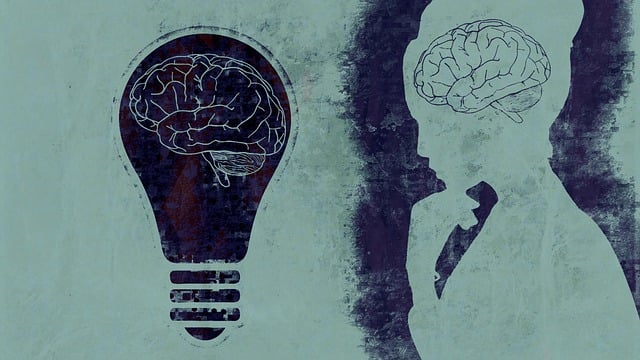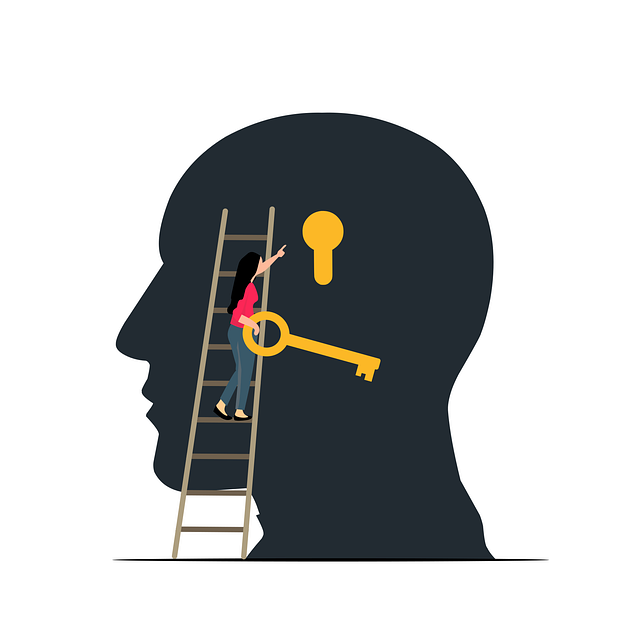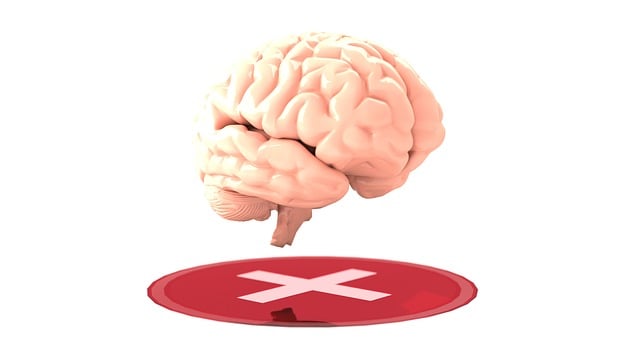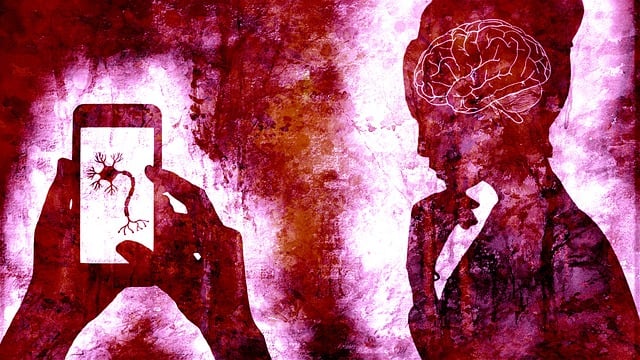Greenwood Village Hypnosis Therapy offers a unique approach to mental health support by integrating social skills training, recognizing its significant impact on overall wellness. This holistic method leverages strong social connections to enhance coping mechanisms and reduce anxiety. Through hypnosis, therapists improve communication, empathy, and emotional regulation, enabling clients to navigate social situations with increased confidence. This not only provides anxiety relief but also serves as a crucial tool for risk management planning. They recommend practical strategies like open conversations and community outreach programs to foster meaningful connections and improved mental wellness.
Social skills training is a powerful tool for managing mental health conditions. In this article, we explore the intricate link between social abilities and mental wellness, offering insights that highlight why enhancing these skills is essential. We delve into effective strategies like hypnosis therapy, proven to transform interactions in Greenwood Village Hypnosis Therapy practices.
Furthermore, we provide practical tips for developing new social skills, empowering individuals with improved confidence and connection.
- Understanding the Link Between Social Skills and Mental Health
- The Role of Hypnosis Therapy in Enhancing Social Interaction Abilities
- Strategies for Practicing and Developing New Social Skills
Understanding the Link Between Social Skills and Mental Health

In the realm of mental health support, recognizing the intricate connection between social skills and overall wellness is a game-changer. Greenwood Village Hypnosis Therapy has been at the forefront of this understanding, offering innovative approaches to enhance mental wellness through targeted training. The link between strong social skills and improved mental health is profound; individuals with robust social connections often exhibit better coping mechanisms and higher resilience against various conditions, including anxiety.
By focusing on developing these skills, mental health professionals can significantly impact their clients’ lives. This approach not only aids in Anxiety Relief but also serves as a powerful tool for Risk Management Planning. Through tailored training, therapists enable individuals to navigate social situations with increased confidence, fostering a sense of belonging and reducing the intensity of negative thoughts and feelings.
The Role of Hypnosis Therapy in Enhancing Social Interaction Abilities

Social skills training is a vital component of holistic mental health care, and hypnosis therapy offers a unique and effective approach to enhancing interaction abilities. Greenwood Village Hypnosis Therapy leverages the power of consciousness and subconscious mind to transform social interactions for individuals with various conditions. Through hypnotic states, therapists can help clients improve their communication, empathy, and emotional regulation skills, fostering more meaningful connections in personal and professional settings.
This therapeutic method is particularly beneficial for those who struggle with anxiety, social phobias, or trauma, which can significantly impact social functioning. Hypnosis allows individuals to access and reframe negative thought patterns, reducing self-consciousness and promoting confidence during social exchanges. Moreover, cultural sensitivity in mental healthcare practice is integral to successful outcomes, ensuring that hypnosis therapy respects and incorporates the diverse backgrounds of clients, providing personalized support for their unique needs and experiences, including trauma support services.
Strategies for Practicing and Developing New Social Skills

Developing new social skills is an essential part of the healing process for those managing mental health conditions. Greenwood Village Hypnosis Therapy suggests several practical strategies to practice and refine these skills. Encouraging open conversations with trusted friends or family members can help individuals build confidence in their ability to connect with others. Starting small, perhaps with a brief chat during a walk or sharing a hobby, allows for gradual exposure and helps to normalize social interactions.
Additionally, empathy building strategies are powerful tools. Practicing active listening by focusing on the speaker’s words and body language, without judgment, fosters deeper connections. Role-playing scenarios, either in therapy sessions or with supportive friends, can also be beneficial. These exercises enable individuals to simulate real-life situations, receive immediate feedback, and learn to respond appropriately, enhancing their social skills and overall mental wellness. Community outreach program implementation can further support this process by providing opportunities to engage in group activities, fostering a sense of belonging, and encouraging the development of new friendships.
Social skills training, as supported by hypnosis therapy techniques offered at Greenwood Village Hypnosis Therapy, plays a pivotal role in managing mental health conditions. By understanding the connection between social interaction and mental well-being, individuals can learn to navigate social situations with greater confidence. Through practical strategies and consistent practice, one can develop new social skills, fostering better connections and an improved quality of life. This holistic approach, combining hypnosis therapy with targeted training, is a powerful tool in the journey towards enhanced mental health and richer interpersonal relationships.














